Washington, Dec 20 (V7N) – In a landmark development, US diplomats have arrived in Damascus for direct talks with Syria's new Islamist-led government, led by Hayat Tahrir al-Sham (HTS), marking the first formal US diplomatic mission to Syria since the civil war erupted in 2011.
This engagement follows the recent collapse of Bashar al-Assad's regime after a sudden offensive, bringing an end to his decades-long rule.
The US delegation aims to:
Foster Inclusivity: Encourage the formation of a non-sectarian, representative government that protects Syria's diverse communities.
Find Missing Americans: Seek information on hostages, including journalist Austin Tice, who was kidnapped in 2012.
Assess HTS Leadership: Evaluate the sincerity of HTS leader Abu Mohammed al-Jolani’s promises of unity and minority protection.
The delegation includes Barbara Leaf, a senior State Department official for the Middle East, and Daniel Rubinstein, a veteran diplomat tasked with US engagement in Syria.
Context of HTS Engagement
HTS, once affiliated with Al-Qaeda, has shifted its rhetoric in recent months under Jolani, calling for Syrian unity and signaling a willingness to disband rebel factions. Despite this, the group remains designated as a terrorist organization by the US, with no immediate plans to lift sanctions.
Secretary of State Antony Blinken acknowledged the complexity of the situation:
“There are no guarantees. We've seen dictators replaced by other forms of oppression. But absent our engagement, that’s likely the path.”
International Reactions
UN and Germany: HTS leadership has already engaged with UN envoy Geir Pederson and a German delegation.
France: Reopened its embassy in Damascus for the first time since 2012.
Challenges Ahead
The US's next steps remain uncertain, particularly as President-elect Donald Trump has expressed reluctance to deepen US involvement in Syria. Trump criticized Assad's fall as a “hostile takeover” supported by Turkey, which has backed HTS while opposing Washington's Kurdish allies.
Broader Implications
Syria’s war has triggered a global migration crisis and reshaped Middle Eastern geopolitics. The US and its allies are now grappling with the challenge of steering Syria toward stability without allowing it to descend into another autocracy or regional conflict.
This diplomatic mission signals cautious engagement with Syria's new rulers while keeping options open for broader international cooperation.
END/WD/RH



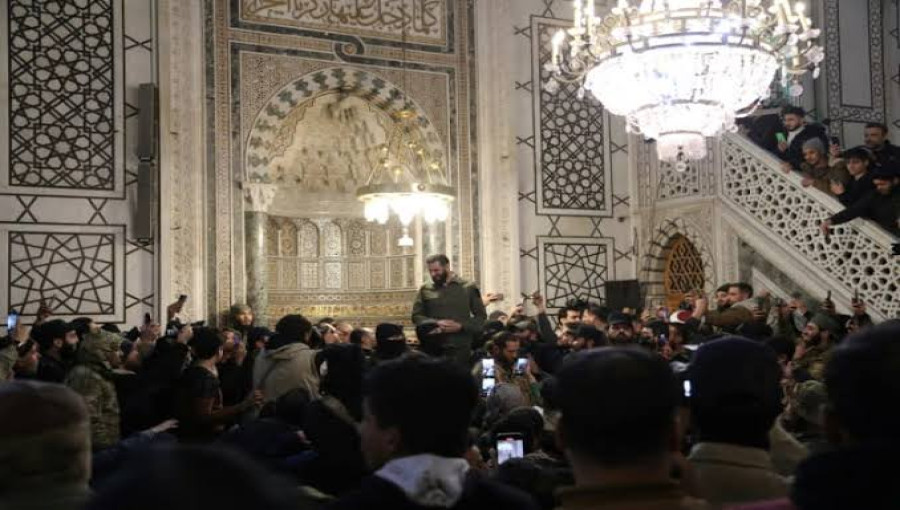
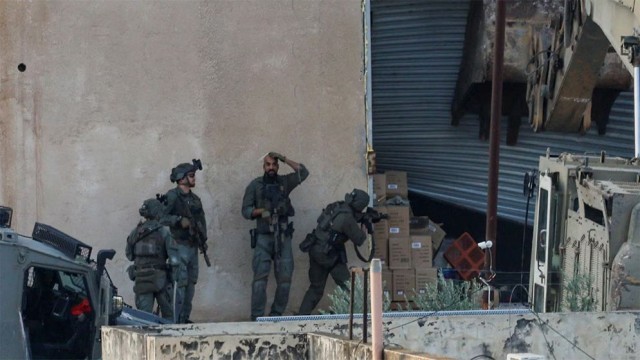

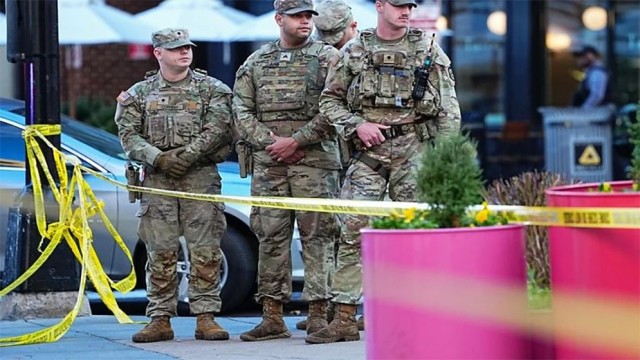
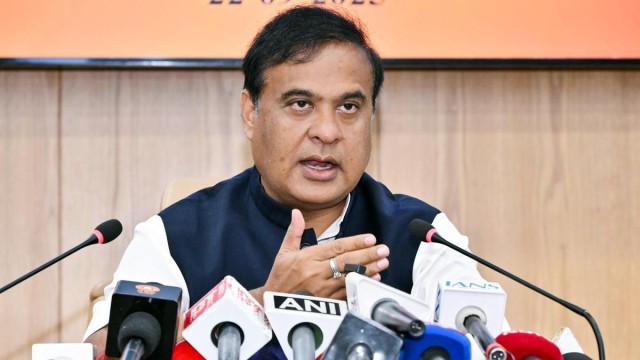
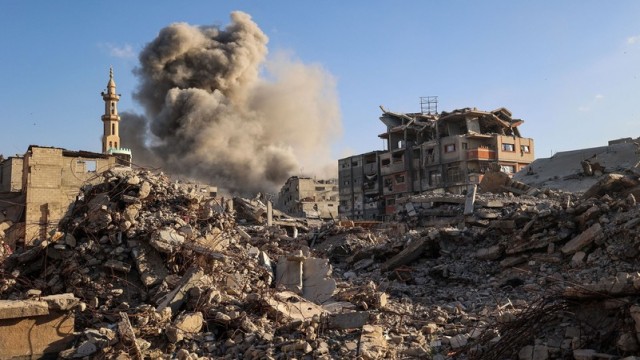


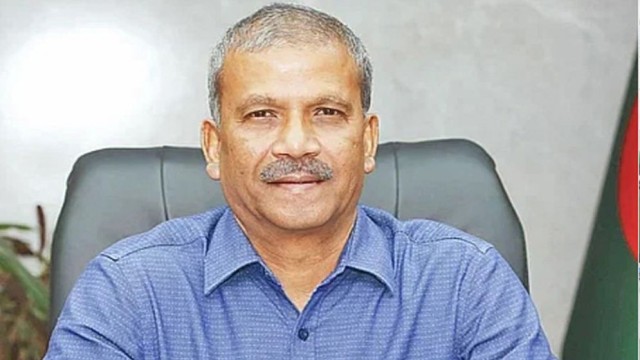

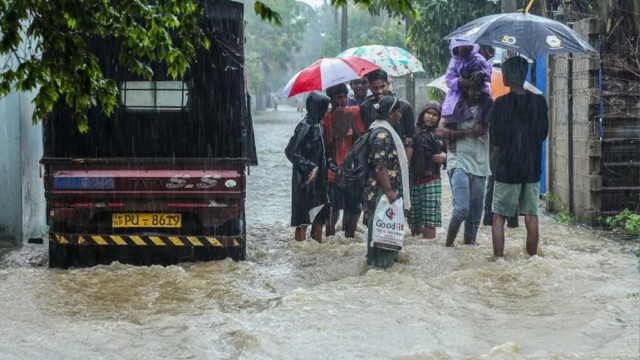

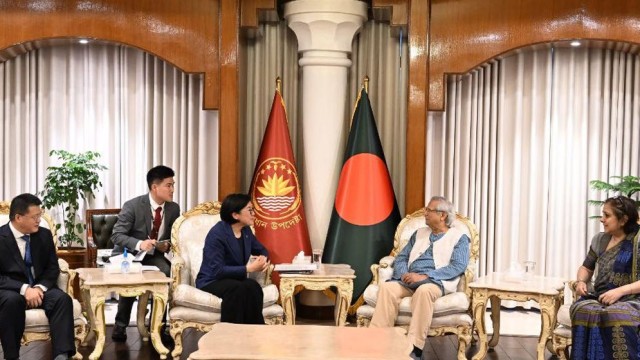

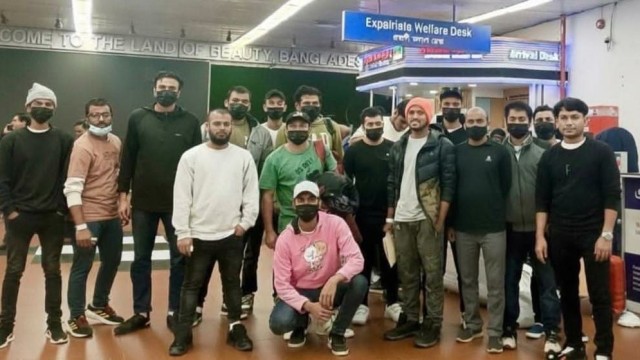
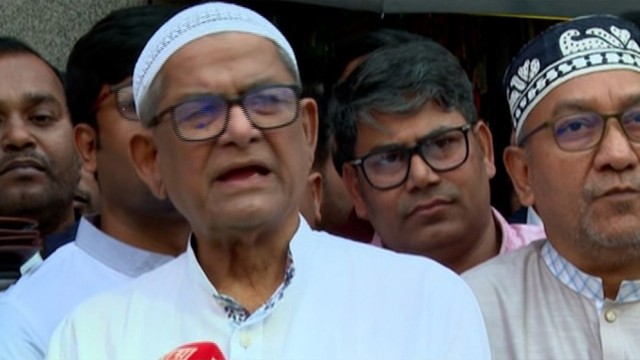












Comment: